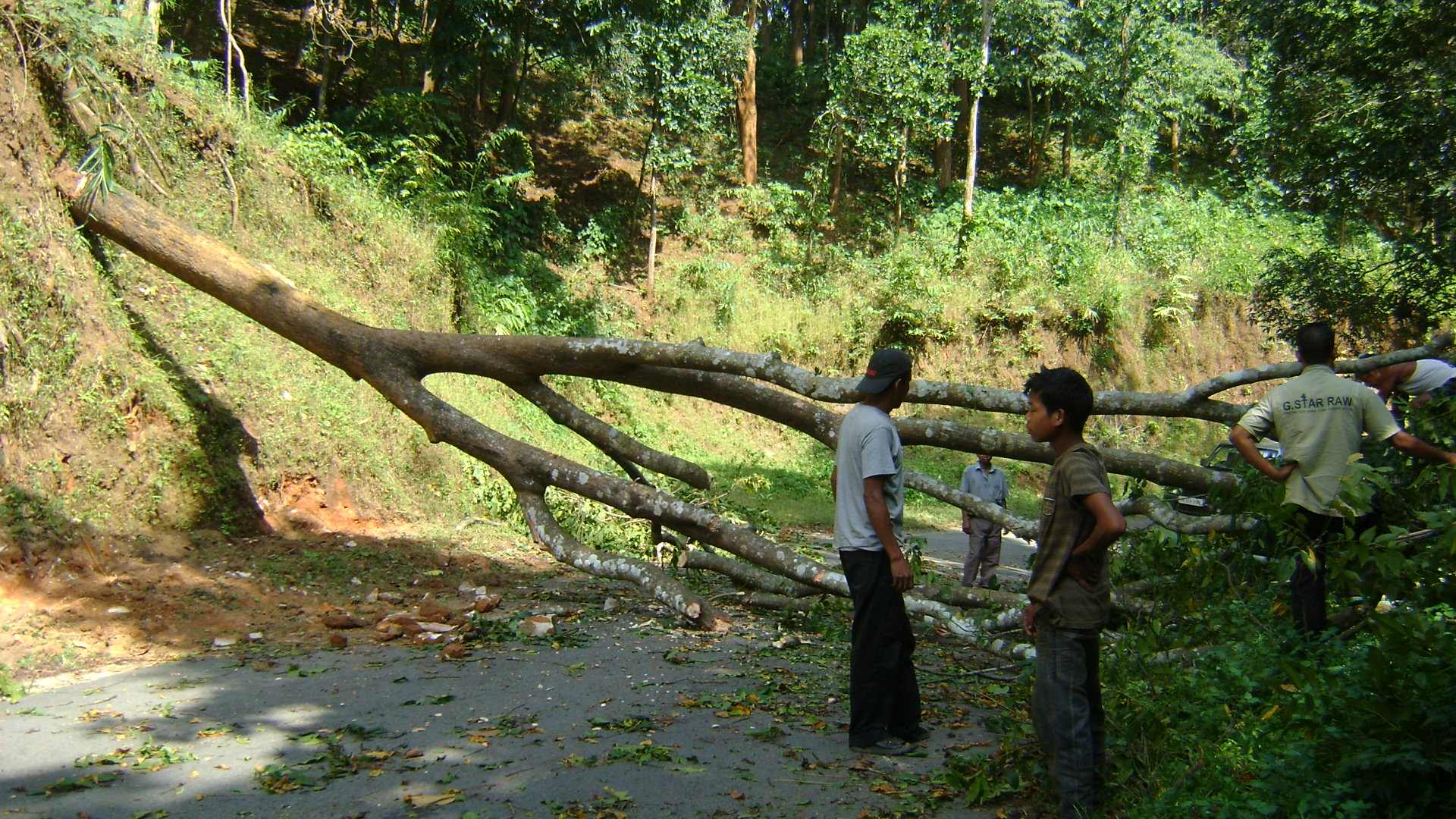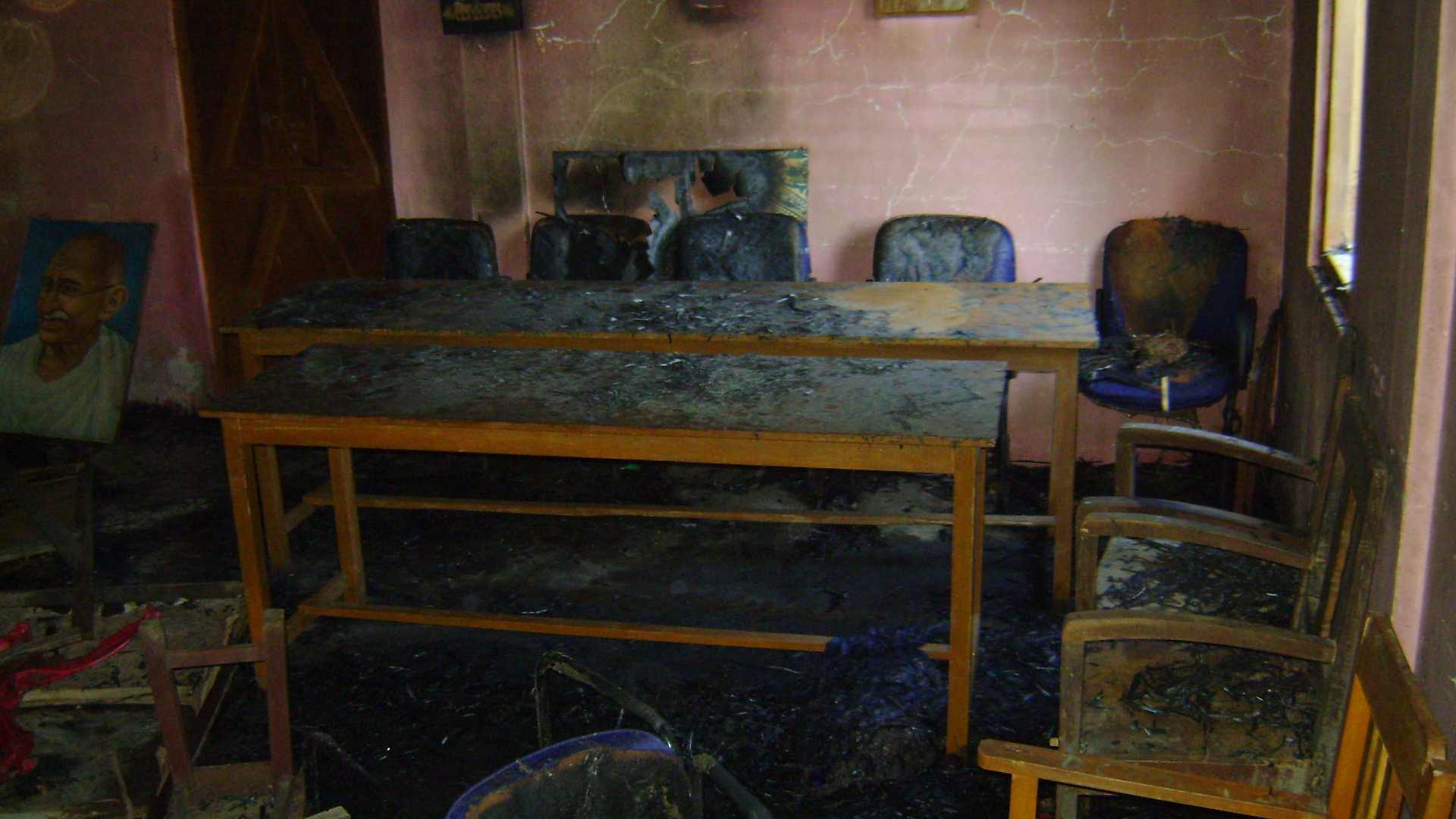Archives
Municipal Elections A Blow to Government
Municipal Elections
A Blow to Government
The Meghalaya government which expressed confidence in holding municipal elections in the state suffered a severe blow when the civic polls as 
It may be recalled here that the municipal elections were done away with since the time of the composite state of Assam, as it was found that the functions of the ward commissioners of municipal boards were not functional and instead became white elephants. Municipal elections since the inception of Meghalaya as a separate state were never held, as the civic interests of the people were taken care of by traditional locality and village councils headed by the ‘rangbah shnongs’ and the ‘nokmas’. There is therefore a conflict of customary laws and usages against the constitutional bodies of an elected municipal board and also the overlapping of powers.
The Shillong Municipal Board therefore suffered a bitter experience leading to the appointment of a Chief Executive Officer to head the municipal administration along with the guidance of the traditional bodies and also the Urban Affairs Department of the government. As such, the ground reality demanded the doing away of elected municipal boards, for the past forty years as the Municipal Act had become redundant.
However, in the wake of the implementation of the Jawaharlal Nehru National Urban Renewal Mission (JNNURM) it was required to constitute elected municipal boards in the state to avail of the funds. The state government was therefore all set to hold municipal elections in the state to comply with the condition laid down by the JNNURM. Arguments were raised against the decision of holding civic elections as Meghalaya and other states in the North East already have traditional bodies to look after civic affairs. Further, it was pointed out that the condition laid down by JNNURM can not be applied in Meghalaya as the ground reality has its own peculiarity and therefore the national yardstick can not always be used to measure development work in the state and region. It is instead for the JNNURM to waive its condition for holding municipal board elections in the state as there is always an exception to every rule.
The Civil Society Women Organisation (CSWO) of the state had also lodged a formal complaint with the President and Chairman of the Board of Directors, Asian Development Bank Haruhiko Kuroda, asking the ADB not to go ahead with the proposed funding without ascertaining the mood and rights of the indigenous people as they can not be forced into civic elections, foreseeing a course of events which will even cause the indigenous people to lose their rights and their lands in due course of development activities.
The CSWO President Agnes Kharshiing has expressed skepticism and stated that the government of Meghalaya has not been responsible and accountable for a long time and the people will only face the brunt and given this situation, rather than realising the goal of ADB to alleviate poverty, it would only be increasing it.
Amidst this burning controversy of civic elections in the state, the government, in a steam rolling manner, decided to hold elections in the Garo Hills area of the state. The state Urban Affairs Minister Prestone Tynsong had affirmed that there is no looking back from the earlier decision to hold municipal board elections. He had appealed to the people of four municipalities in Garo Hills to come forward and exercise their franchise, to select their representatives. About twenty candidates belonging to different political parties had filed their nomination papers for the elections though the elections were planned to be conducted in a party – less model. The minister had maintained that the seven municipalities in the state for so many years have not trampled upon the rights of the indigenous people till date and that the people should not jump to conclusions and be unduly apprehensive which is uncalled for.
A conglomeration of non government organisations including the powerful Garo Students’ Union had stood up against the decision and preparation of the government to force the holding of the elections through. The government on the other hand had taken a tough stand against the agitators and security arrangements were beefed up in all the polling stations and also imposition of Section 144 CrPC.
T
The Joint Action Committee, therefore had called for a series of agitations including bandhs and total shut down prior to and on the election day while the government on the other hand made hectic preparations to confront the mass movement of the people against the holding of elections.
Violence therefore flared up in Achik land when vehicles were torched including one belonging to one of the candidates in the fray. The office of the Assistant Chief Engineer of the Public Works department was set ablaze besides the office of the District Congress Committee at Williamnagar being ransacked. Wooden bridges were also burned down and road blockades were put up along roads and highways. The women folk had come out in full strength, keeping a night long vigil in picketing the polling stations.
The government which tried to force the holding of elections was forced to retreat against the mounting opposition. The voice of the people against the holding of municipal elections was also raised in Jowai and the state capital Shillong with special emphasis on the fact that the Municipal Act was borrowed from the Municipal Act of Assam which does not apply in the state of Meghalaya which is considered as a violation of the Constitution of India.
As the dust settled, the Government of Meghalaya tried another strategy of nominating the ward commissioners after failing to hold the proposed elections in four towns of Garo Hills which was vehemently opposed by the people. This however has backfired as the All Garo Hills Civic Poll Candidates’ Forum has threatened to take the Meghalaya Government to court if it went ahead with the nomination of ward commissioners for the civic bodies in the Garo Hills. The Forum has also urged the Meghalaya Government to resume the process of holding elections to the four municipal boards in Garo Hills within this year itself. The candidates on their part have also informed that they have not received any official communication from the Government regarding the calling off of the elections.
With regard to the holding of municipal elections in the state, it seems that the Meghalaya Government is at its wits end as every measure it takes to move the process ahead is continually thwarted from every angle. This seems like an issue which will not be solved anytime soon and may in fact end in a quagmire of actions and reactions.
Sumar Sing Sawian

